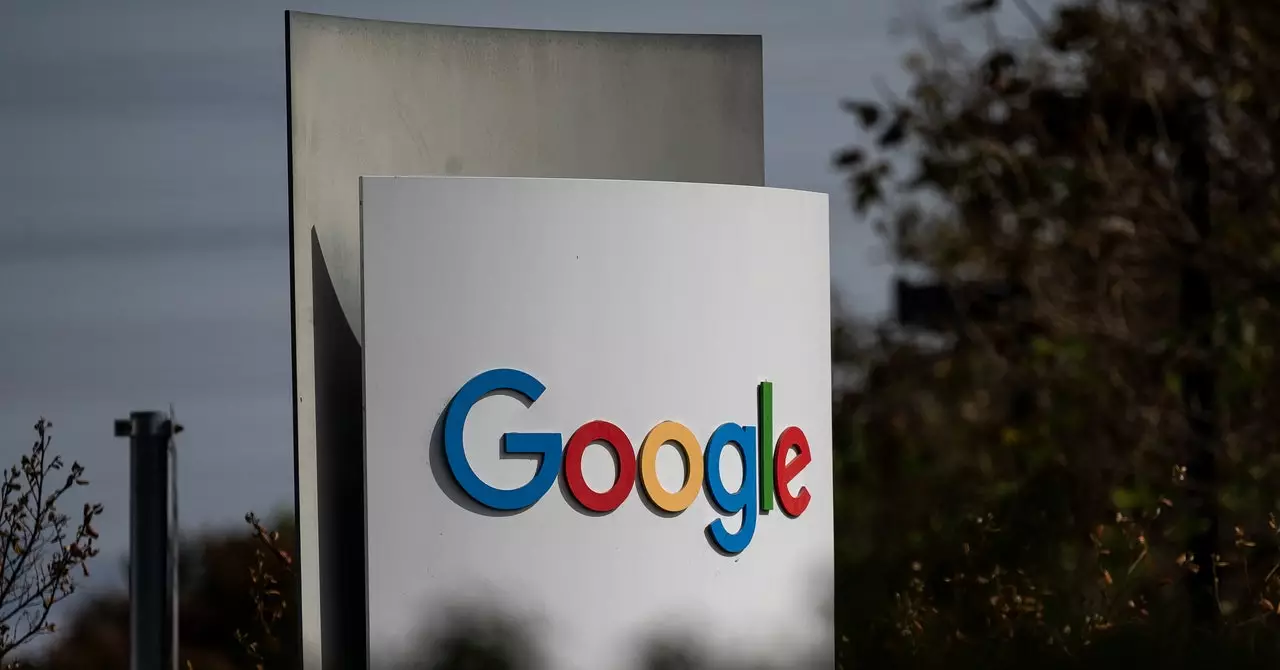In the evolving world of technology, Google’s ambitions with its generative AI, Gemini Assistant, face a critical juncture. With the advent of powerful chatbots like OpenAI’s ChatGPT, Google seeks not only to capture market share but also to reclaim its standing as a dominant player in the digital landscape. However, the turbulent waters of antitrust scrutiny and legal challenges may complicate these aspirations. Recent federal court proceedings highlight the complexities that Google must navigate if it intends to secure a competitive edge in both search and AI services.
Antitrust Scrutiny and Proposed Restrictions
In a notable U.S. federal court filing, Google suggested constraints that would affect its relationships with device manufacturers, browsers, and wireless carriers. By proposing a three-year period during which the company could not mandate its partners to distribute the Gemini Assistant, Google aims to adapt to governmental pressures while attempting to retain some level of control over its default search status. The proposal signifies a shift in strategy that may reflect a reluctant acceptance of the Justice Department’s demands, which include a push for Google to share more data and potentially divest some of its business units.
This backdrop of legal challenges stems from Judge Amit Mehta’s ruling, which found Google in violation of federal antitrust laws. Historically, the company secured its position as the default search provider on multiple platforms, often through lucrative revenue-sharing agreements. These arrangements contributed to Google’s monopolistic hold on search and online advertising, presenting a substantial barrier for competitors. As a result, the legal landscape has compelled Google to recalibrate its approach in an effort to mitigate further penalties, as Judge Mehta prepares to render a decision expected by next August.
With the rise of AI chatbots shaking the foundations of traditional search engines, Google’s proposed restrictions could indicate a pivotal change in strategy. By allowing partners greater autonomy regarding their default search providers, Google may inadvertently create opportunities for competitors to establish a foothold. Moreover, by not requiring manufacturers to pre-install the Gemini Assistant, Google risks missing out on developing a solid base of users critical for its AI service’s growth.
However, Google’s proposal does retain some flexibility, allowing the company to secure default search positions on specific devices while lifting blanket requirements. This tactical maneuver enables Google to navigate the complex demands of both regulators and market dynamics. Furthermore, it hints at Google’s desire to maintain its partnerships, as it could still engage in promotional negotiations with manufacturers like Samsung for the Gemini Assistant.
Despite the legal hurdles, investor sentiment surrounding Google and its parent company, Alphabet, remains robust. Following the announcement of the proposed restrictions and the ongoing trials, Alphabet’s shares have seen remarkable gains, indicating optimism about the future performance of the company amidst changing regulatory landscapes. The stock’s meteoric rise, projected to be one of the best annual surges since its IPO, reflects confidence in Google’s ability to innovate and maintain user appeal despite the scrutiny.
As discussions about the future landscape of search evolve, the implications are significant not only for Google but also for the broader tech industry. The anticipated ruling from Judge Mehta could set a precedent regarding how tech giants operate, especially in relation to emerging AI competitors. The competition between traditional search engines and innovative AI platforms could redefine user engagement over the next few years.
Ultimately, while Google’s path forward is fraught with challenges, the company’s strategic responses may serve as a case study in navigating regulatory pressures while striving to maintain market dominance. The landscape is shifting rapidly, and as Gemini Assistant attempts to carve its niche in an increasingly competitive market, how Google adapts could determine not just its fate, but the future of search technology as a whole. With critical hearings on the horizon and appeals likely in the wake of any ruling, it may take years before definite constraints on Google’s operations are realized, leaving ample room for strategic moves in the interim.


Leave a Reply
You must be logged in to post a comment.